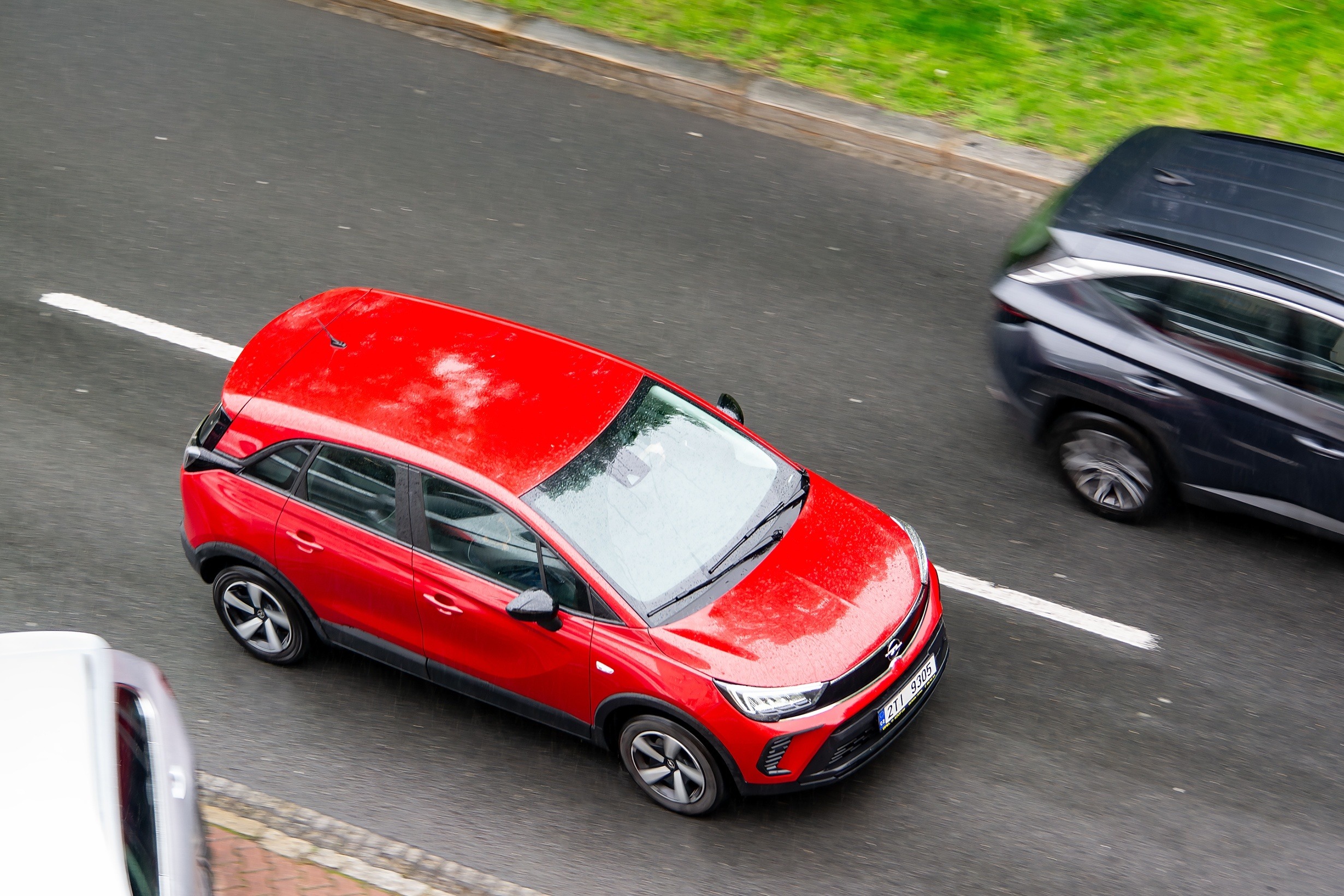
What is Residual Value?
In the context of car leasing, residual value refers to the estimated value of a vehicle at the end of the lease term. Essentially, it’s the predicted worth of the car once the lease period concludes. This value is determined by automotive experts and leasing companies based on factors such as the vehicle’s make and model, depreciation rate, market demand, and projected future condition.
Importance of Residual Value in Car Leasing
The residual value plays a pivotal role in shaping the terms of your lease agreement and directly influences your monthly payments. Here’s why it’s crucial:
- Lease Calculations
Residual value is a key component used in calculating your monthly lease payments. When you lease a car, you essentially pay for the depreciation of the vehicle over the lease term, along with financing charges and applicable fees. The higher the residual value, the lower your monthly payments are likely to be, as you’re financing a smaller portion of the vehicle’s total cost.
- Financial Predictability
For both lessors (the leasing company) and lessees (the individual leasing the car), residual value provides financial predictability. It helps leasing companies estimate the future value of their assets, allowing them to set competitive lease terms. For lessees, understanding the residual value can aid in budgeting and planning for lease payments over the term of the agreement.
- Lease-End Options
At the end of the lease term, the residual value determines your options:
– Lease Extension or Purchase: If the vehicle’s actual value at lease-end (actual cash value or ACV) is equal to or higher than the residual value, you may have the option to purchase the vehicle at the predetermined residual value. This can be beneficial if you’ve grown attached to the car or find it to be a good value compared to market prices.
– Lease Return: Alternatively, if the actual value is lower than the residual value, you can return the vehicle to the leasing company without further financial obligation (subject to lease terms regarding excess wear and mileage). The difference between the residual value and the actual value is often referred to as “positive equity” or “negative equity,” depending on whether the car is worth more or less than the residual value.
- Depreciation Factor
Vehicles depreciate over time due to factors such as mileage, wear and tear, market trends, and technological advancements. The residual value reflects the expected depreciation during the lease term. High-quality vehicles with strong resale value typically have higher residual values, making them more attractive for leasing due to lower monthly payments.
- Negotiating Power
Understanding residual value gives you negotiating power when discussing lease terms. While residual values are often set by leasing companies based on industry standards and vehicle projections, knowing the value can help you negotiate a better lease agreement. You can inquire about how the residual value was determined and whether there’s flexibility in adjusting it based on your specific circumstances.
How Residual Value Impacts Your Lease Payments
Example Scenario:
Let’s consider a hypothetical example to illustrate the impact of residual value on lease payments:
– Vehicle Cost: £30,000
– Residual Value after 3 Years: £18,000
In this scenario, the leasing company estimates that the vehicle will depreciate by £12,000 (£30,000 – £18,000) over the 3-year lease term. Your monthly payments would cover this depreciation amount, plus financing charges and any applicable fees.
If the residual value were higher, say £20,000, the depreciation over the lease term would be £10,000 (£30,000 – £20,000), resulting in lower monthly payments.
Conclusion
Understanding residual value is essential for anyone considering car leasing. It impacts your monthly payments, lease-end options, and overall leasing experience. By grasping how residual value is calculated and its significance in lease agreements, you can make informed decisions that align with your financial goals and preferences.
Whether you’re looking for a budget-friendly lease or aiming for a specific vehicle model, residual value plays a pivotal role in determining the feasibility and cost-effectiveness of leasing. To explore further how residual value can affect your lease payments and find competitive lease deals tailored to your needs, visit our site. Empower yourself with knowledge and make the most of your car leasing experience today.









